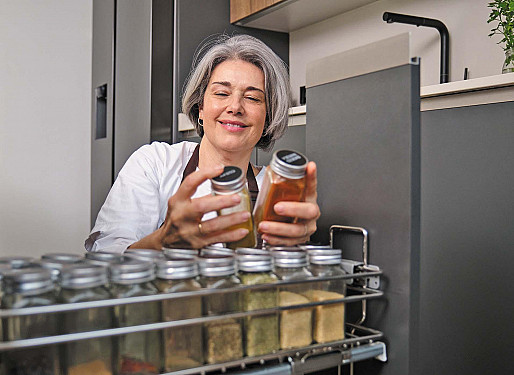Ask the doctor: Does smoked fish contain omega-3 fats?
Q. I like smoked salmon and kippered herring, and thought that eating them was good for me. But I read in another health newsletter that the smoking process destroys all the heart-healthy omega-3 fats. Is that true?
A. I thought your question would be an easy one to answer. That didn't turn out to be the case. But with help from Heart Letter editor P.J. Skerrett, I think we can give you a solid answer.
Neither the American Heart Association nor the Dietary Guidelines for Americans say anything specifically about smoked fish. The USDA's food composition database gives conflicting information, with smoked cisco having more omega-3s than raw cisco, smoked herring having the same amount as raw herring, and smoked salmon having less than raw salmon. Barbara Blakistone, the director of scientific affairs at the National Fisheries Institute, said — much to our surprise and dismay — that there was little solid information on this subject.
Persistence paid off. We found Dr. Marit Espe, a senior scientist with Norway's National Institute of Nutrition and Seafood Research, who has done extensive studies on the nutrient composition of fresh and smoked salmon. In an e-mail message, she said "the composition of omega-3 fatty acids calculated as a percentage of the total lipids [fats] does not change during the smoking process." This was backed up by more recent data from Gabriel Viteri, the vice president of strategy and business development at Acme Smoked Fish Corporation in Brooklyn, New York. An analysis of the company's smoked salmon, done by an independent lab in the summer of 2010, showed omega-3 levels comparable to those in fresh salmon.
So there you have it: smoked fish can be a decent source of omega-3 fats (as long as the raw fish was rich in them). But it is an awfully salty way to get omega-3s. A 3-ounce serving of fresh, baked salmon has 51 milligrams (mg) of sodium. Compare that to 222 mg in one ounce of smoked salmon or 567 mg in one ounce of lox. The extra sodium could counterbalance any benefits from omega-3 fats.
I enjoy lox. But for my heart's sake, I eat it only now and then, and rely on fresh fish — broiled or baked — for my omega-3 fats.
— Thomas Lee, M.D.
Editor in Chief, Harvard Heart Letter
Disclaimer:
As a service to our readers, Harvard Health Publishing provides access to our library of archived content. Please note the date of last review or update on all articles.
No content on this site, regardless of date, should ever be used as a substitute for direct medical advice from your doctor or other qualified clinician.















